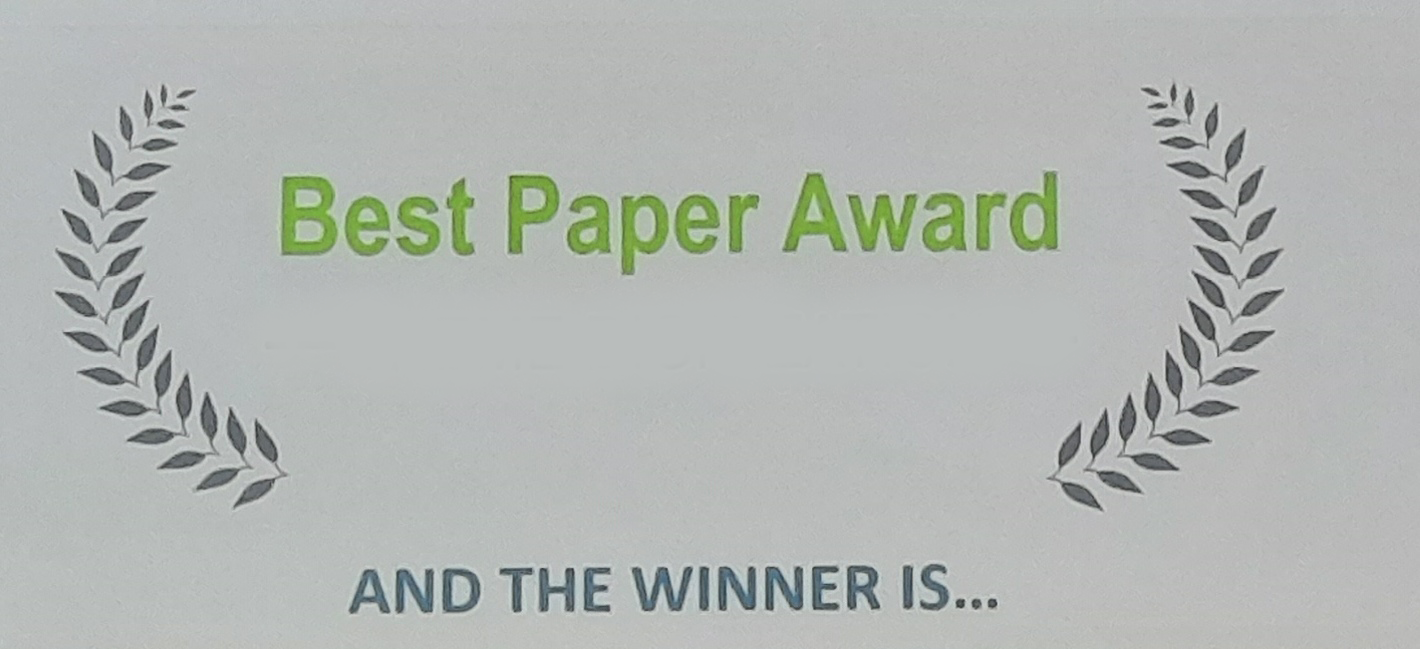Integrating technology, education and practice to change energy behaviours in schools
DOI:
https://doi.org/10.34641/clima.2022.166Keywords:
Business model, energy, energy literacy, digital platform, learning communityAbstract
Schools are learning communities where multiple stakeholders can collaborate to learn about energy efficiency, including via formal curricula, non-formal learning and day-to-day practices. Furthermore, by improving energy literacy among building occupants, the energy efficiency of schools can be improved. However, turning schools into learning communities rather than learning organizations is still problematic. This article details a case study realised in the form of the ENERGE project, which integrates technological, educational and practical activities in 13 post-primary schools from 6 European countries. Owing to an extensive collaboration of diverse stakeholders, the ENERGE project resulted in the origination of a learning community around energy efficiency in the schools. The outcomes of building a learning community within the ENERGE project included: capacity building (in the form of the ENERGE Committees and Teacher Network), the introduction of digital education (via the ENERGE digital platform), development of curriculum-based modules to raise energy literacy, and the establishment of a viable model for expanding ENERGE experience to other schools. The article concludes by explaining the benefits of the ENERGE approach for stakeholders.




